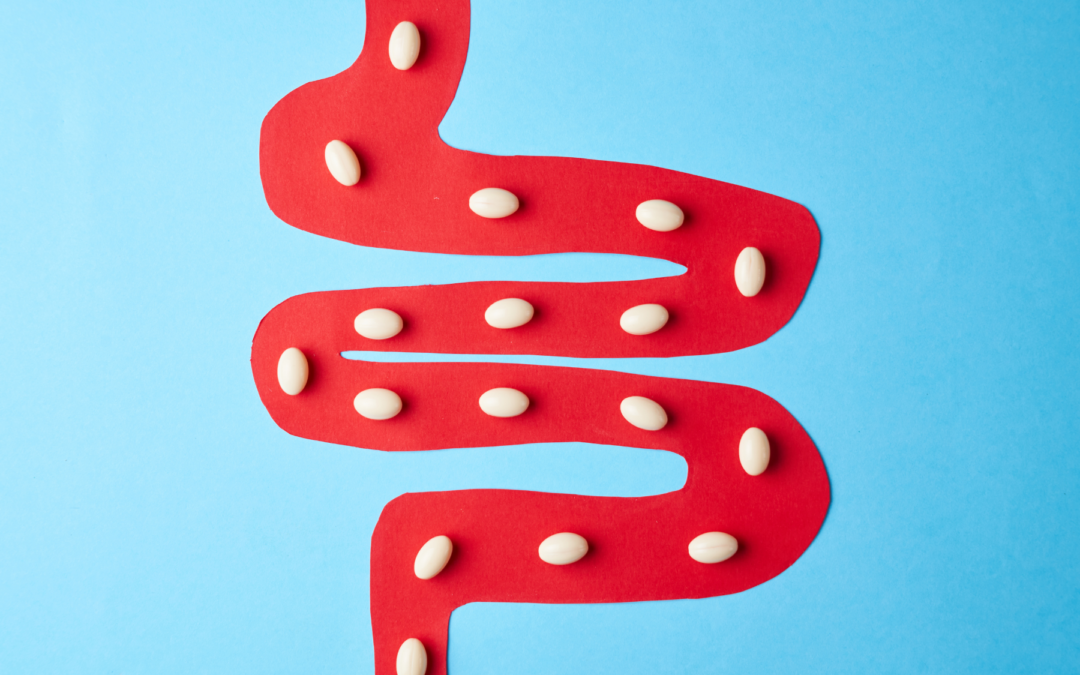In the realm of health and wellness, the interconnectedness of bodily functions often reveals surprising correlations. One such correlation that has garnered attention in recent years is the relationship between low testosterone levels and insulin resistance. While traditionally seen as distinct health concerns, emerging research suggests that these two conditions may be more intertwined than previously thought. In this blog post, we delve into the scientific evidence behind the link between low testosterone and insulin resistance, shedding light on how understanding this connection could pave the way for more comprehensive approaches to health management.
What is Testosterone and Insulin?
Testosterone, primarily known as the male sex hormone, is produced in the testes in men and in smaller quantities in the ovaries in women. Beyond its role in reproductive health, testosterone influences various physiological processes, including muscle mass maintenance, bone density, fat distribution, and even mood regulation.
Insulin, on the other hand, is a hormone produced by the pancreas, tasked with regulating glucose levels in the bloodstream. It facilitates the uptake of glucose by cells, where it’s utilized for energy production or stored for future use. Insulin resistance occurs when cells become less responsive to insulin’s signals, leading to elevated blood sugar levels and, eventually, type 2 diabetes if left unchecked.
The Research
Hormonal Regulation:
- Research suggests that testosterone plays a role in modulating insulin sensitivity. Low testosterone levels may impair insulin action, contributing to insulin resistance.
- Conversely, insulin resistance can interfere with testosterone production, creating a feedback loop where both conditions exacerbate each other.
Body Composition:
- Low testosterone levels are often associated with increased visceral fat accumulation and reduced lean muscle mass, both of which are risk factors for insulin resistance and metabolic syndrome.
Inflammation:
- Chronic inflammation is implicated in both low testosterone levels and insulin resistance. Studies have demonstrated that inflammatory markers like C-reactive protein (CRP) are elevated in individuals with these conditions, suggesting a shared inflammatory pathway.
Lifestyle Factors:
- Lifestyle factors such as obesity, sedentary behavior, and poor dietary habits are common contributors to both low testosterone and insulin resistance. Addressing these factors through lifestyle modifications can improve both conditions simultaneously.
The Bottom Line
The correlation between low testosterone and insulin resistance underscores the complexity of human physiology and the interconnected nature of health conditions. Drawing from extensive scientific research, we illuminate how these seemingly distinct conditions are intricately intertwined, impacting various aspects of metabolic function and overall well-being. Through hormonal regulation, shifts in body composition, inflammatory pathways, and lifestyle influences, the evidence reveals a complex interplay between testosterone and insulin. Our exploration underscores the importance of comprehensive screening to evaluate risk factors for both conditions and advocates for targeted interventions that address underlying hormonal imbalances and metabolic dysregulation. By embracing a holistic approach that integrates medical treatments with lifestyle modifications, individuals can take proactive steps towards optimizing their health and vitality, unlocking a pathway to enhanced well-being and longevity.
References
- Kelly DM, Jones TH. Testosterone: a metabolic hormone in health and disease. J Endocrinol. 2013;217(3):R25-R45. [DOI: 10.1530/JOE-12-0455]
- Traish AM. Testosterone and insulin resistance in the metabolic syndrome and T2DM in men. Nat Rev Endocrinol. 2010;14(1):24-30. [DOI: 10.1038/nrendo.2017.122]
- Pitteloud N, Mootha VK, Dwyer AA, et al. Relationship between testosterone levels, insulin sensitivity, and mitochondrial function in men. Diabetes Care. 2005;28(7):1636-1642. [DOI: 10.2337/diacare.28.7.1636]
- Kapoor D, Aldred H, Clark S, Channer KS, Jones TH. Clinical and biochemical assessment of hypogonadism in men with type 2 diabetes: correlations with bioavailable testosterone and visceral adiposity. Diabetes Care. 2007;30(4):911-917. [DOI: 10.2337/dc06-1426]







